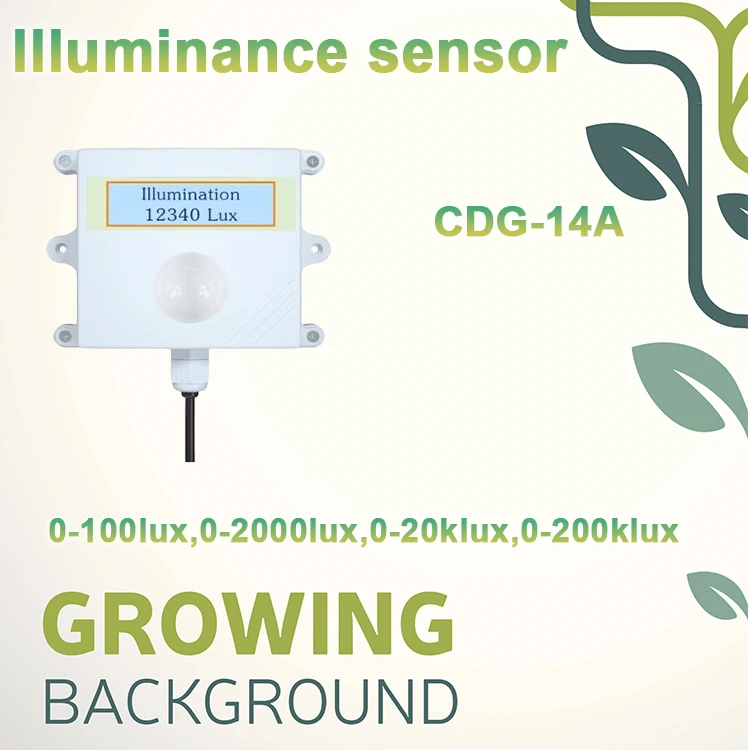
# Light Detector Technology and Applications
## Introduction to Light Detectors
Light detectors are essential components in various technological applications, converting light signals into measurable electrical signals. These devices play a crucial role in fields ranging from consumer electronics to scientific research.
## Types of Light Detectors
### Photodiodes
Photodiodes are semiconductor devices that generate current when exposed to light. They are widely used in optical communication systems, light meters, and medical equipment.
### Phototransistors
Phototransistors combine light detection with amplification, making them more sensitive than standard photodiodes. Common applications include object detection and light-sensitive switches.
### CCD and CMOS Sensors
Charge-Coupled Device (CCD) and Complementary Metal-Oxide-Semiconductor (CMOS) sensors are used in digital cameras and imaging systems. They convert light into electronic signals to create digital images.
## Key Applications of Light Detectors
Industrial Automation
Light detectors enable precise object detection, position sensing, and quality control in manufacturing processes.
Medical Diagnostics
In healthcare, light detectors are used in pulse oximeters, blood analyzers, and various imaging systems for accurate diagnosis.
Environmental Monitoring
These devices help measure light pollution, monitor atmospheric conditions, and track changes in solar radiation.
Consumer Electronics
From smartphone ambient light sensors to TV remote controls, light detectors enhance user experience in everyday devices.
## Future Developments
Emerging technologies like quantum dot photodetectors and organic photodetectors promise higher sensitivity, broader spectral response, and lower production costs. These advancements will likely expand applications in areas such as autonomous vehicles and advanced medical imaging.
Keyword: light detector